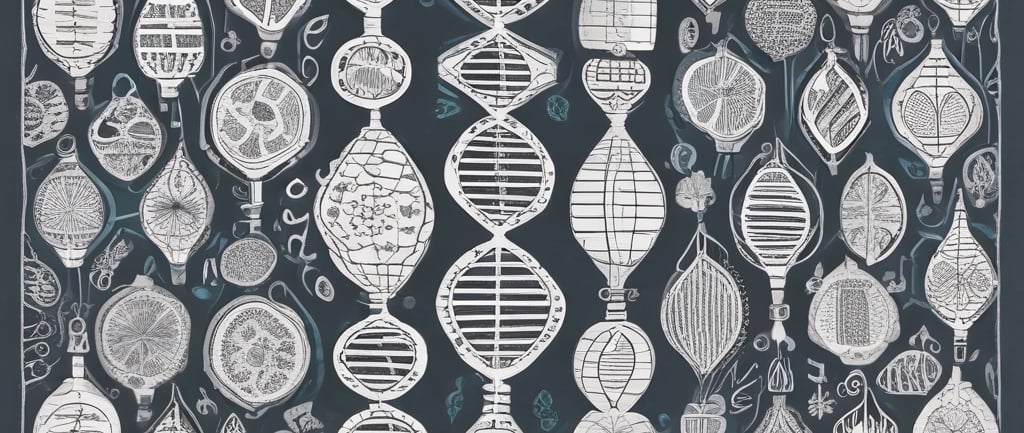International Breakthrough: First Global Guidelines for Diagnosing & Treating Nut Carcinoma
8/27/20251 min read


Introduction
In a groundbreaking advancement for oncology, the first international guidelines for diagnosing and treating NUT carcinoma have been established. This achievement marks a significant milestone in rare cancer research and was co-authored by Professor Mohammed Emam together with a panel of leading international oncology experts.
The full open-access publication is available here:
👉 Read the study in The Innovation (Cell Press)
Why It Matters
NUT carcinoma is a rare, aggressive cancer—often affecting the lungs—that has historically faced frequent misdiagnosis, delayed detection, and inconsistent treatment approaches.
The newly published guidelines, based on a review of 526 patients across 199 studies, aim to:
Standardize diagnostic criteria
Reduce global disparities in treatment
Ensure patients receive timely, evidence-based interventions
Foster international collaboration among clinicians and researchers
Key Results
The guidelines highlight several critical areas:
Diagnosis: Clear standardized criteria for accurate recognition
Treatment: Consensus on surgical, chemotherapeutic, and novel therapies
Care Pathways: Post-treatment monitoring and multidisciplinary coordination
Collaboration: A call for global research networks to drive innovation
These 8 expert recommendations represent the first unified roadmap for the management of NUT carcinoma.
Category |Details
Cases Analyzed |526 patients across 199 studies
Publications Reviewed |Systematic synthesis of clinical, diagnostic & treatment data Recommendations |8 expert-endorsed guidelines for diagnosis & treatment Impact |First global roadmap for NUT carcinoma management
Inspiring Future Generations
Beyond immediate clinical impact, the guidelines provide a teaching and research framework for universities, oncology training centers, and research institutes. They are expected to inspire a new generation of oncologists to approach rare cancers with greater precision, collaboration, and innovation.
Quote from the Paper
“This guideline represents a unified global effort to improve recognition, diagnosis, and treatment of one of the rarest cancers.”
🔬 Learn more about scientific breakthroughs at Geneacademy.net
🌍 Join our community and contribute to the advancement of rare cancer research.
